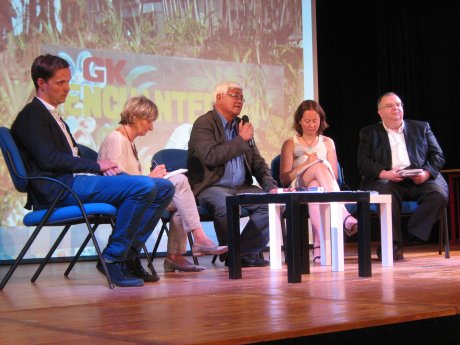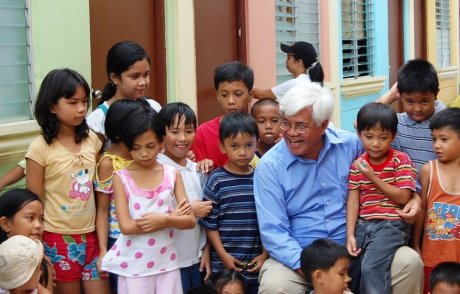Acteurs de l'économie-La Tribune : Why did you create Gawad Kalinga (literally, to "give care") ?
Tony Meloto : I held a senior position in a large multinational (Procter and Gamble, ed), and yet I realized that despite having everything I wanted, it had no real value. Rather, it was necessary to share what I had to improve the world, especially for all those who are dear to me.
I like to mention my "midlife crisis." I became convinced that it was artificial to remain in a bubble of comfort and security, become insensitive to the world, while poverty and despair was increasing for others. It is imperative to consider others as part of your own family, beyond just your biological family. This is the only way we can ensure a sustainable future for our children.
What is the purpose of this foundation?
The strategy of Gawad Kalinga (GK), whose mission it is to eradicate poverty in the Philippines, is based on the miracle of solidarity and the foundation of a solidarity economy. This means bringing non-governmental organizations, such GK, to work with government and private citizens from large multinationals, and the poorest to partner with major universities.
We want the skills and resources of the richest to also benefit the weakest and the poorest. We seek to create the conditions for a win-win situation. It is about creating a new era of enlightened capitalism, in which we no longer consider the poor as a burden or a threat but as an opportunity.
For you, the first step is to restore the dignity of the poor.
Poverty, in my opinion, requires a restoration of the dignity of the human being. It is primarily a behavioural problem with economic consequences. The poor are in a perpetual state of survival, which leads them to become predators and mercenaries. For their part, the rich put themselves in the position of oppressors, and the balance of our world is threatened. If we use the wealth from wealthiest to bring out the hidden wealth of the poor, then we will create a fairer world. And it is the responsibility of the wealthy to nurture the talents of the poor so that together we can move towards excellence and well-being for all. We must stop thinking of the poor as mere objects of charity. They also have so much talent and skills.

Gawad Kalinga is presented as a "convergence platform." What are its principles ?
We are working together using a dual "top-down" and "bottom-up" approach. Our goal is to bring the poor out of poverty and empower them to access the market which they are excluded from. The movement must also come from the bottom of the pyramid, not just from top. For large multinationals, investing in the poorest communities represents an opportunity. When the poorest come out of poverty, they will in turn become consumers. And it is likely they will then turn to brands that have helped them emerge from poverty in the first place. This is also why, for example, a group such as the car maker Hyundai is committed to our vision.
GK defends a social vision of entrepreneurship. What would your definition be of such a concept ?
For us, social entrepreneurship is a new form of capitalism, an enlightened capitalism, what Jacques Attali calls positive economics, and what the World Economic Forum calls a more "responsible economy". It is about creating wealth which leaves no one behind, while also respecting the environment.
We should no longer seek maximum profit, but rather optimum profit, which contributes towards social progress and sustainable prosperity. Social entrepreneurship is essentially an economic activity which takes into account human and life. It should allow for a combination of competence, benevolence and profit.

Can social entrepreneurship and profit be combined ?
We can be both a leader in the market and also target the common welfare of all. Economic efficiency is quite compatible with a moral vision of the economy that helps to distribute wealth more equitably. Profit should not be considered only in economic terms. It is essential to retain and to favour the notion of shared value: that of the human being, that of nature, that of solidarity, that of peace.
We must not demonize the business world. Its power is often, I think, well above the political action of governments, whose life can be short-lived. Large multinational companies survive beyond successive governments.
Entrepreneurship is as you leverage to get out of poverty...
I like to say that in the Philippines, we have human capital and we have the land, but we lack entrepreneurs. Therefore Gawad Kalinga seeks to attract foreign entrepreneurs to serve as an example to Filipinos. Our education system does not create entrepreneurs, on the contrary it creates jobseekers looking for work abroad. The brightest of our students are attracted by rich countries, where they only find temporary jobs. It is essential that Filipinos again become wealth creators in their own country, so that these resources can benefit the greatest number of our people.
The Philippine market is a real opportunity for the next generation of entrepreneurs, which is why GK works with the largest network of business schools and universities, especially those in France. The aim is to consider the Philippines as a real market with potential, that Asia is not just about the Chinese market. Emerging markets should not be overlooked. They represent new potential partners.
Is this market overview essential ?
What is essential is to go beyond the micro to achieve the macro. We cannot solve major problems like poverty by remaining at the micro level, and yet this is the vision that still prevails in the Philippines in the global fight against poverty.
Microfinance and microcredit are devices that help women, but paradoxically are not used, or little used, by men. It's a waste of human capital and also a danger to all of us, since the men remain in a state of poverty and this creates the conditions for violence. Eradicating poverty is also about restoring peace.
Recently published : The Genius of the poor - A journey with Gawad Kalinga, by Thomas Graham (French edition: "La Richesse des Pauvres").




 PFAS : avec de multiples sites industriels contaminés, l'étau se resserre autour d'une pollution généralisée
PFAS : avec de multiples sites industriels contaminés, l'étau se resserre autour d'une pollution généralisée

Il n'y a actuellement aucun commentaire concernant cet article.
Soyez le premier à donner votre avis !